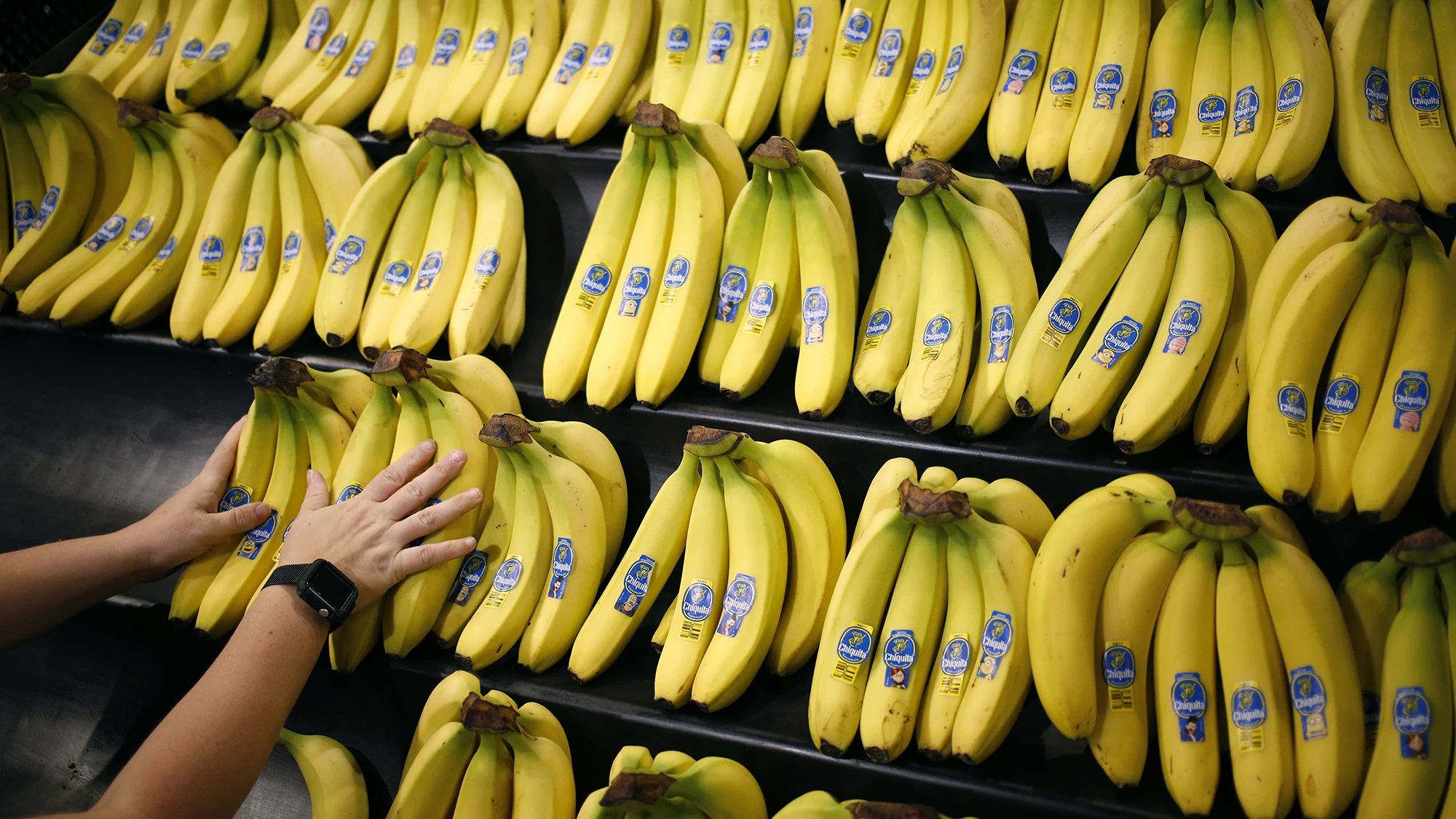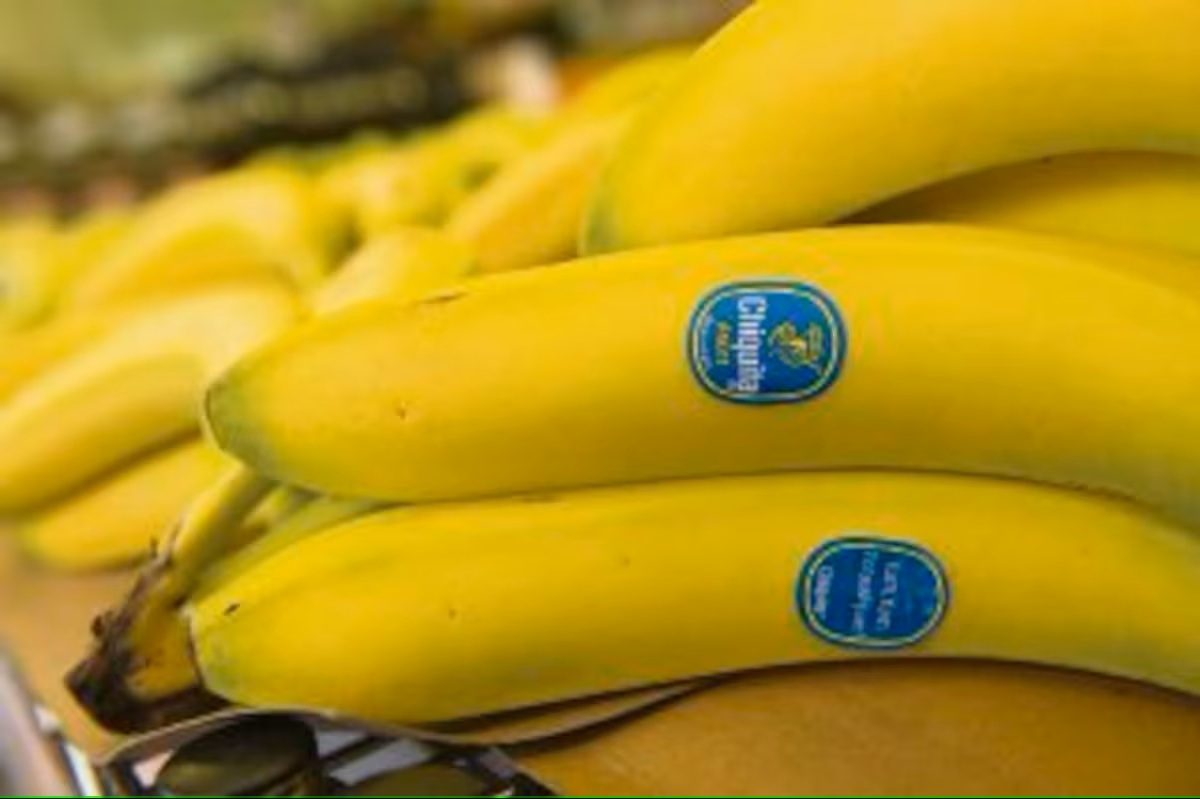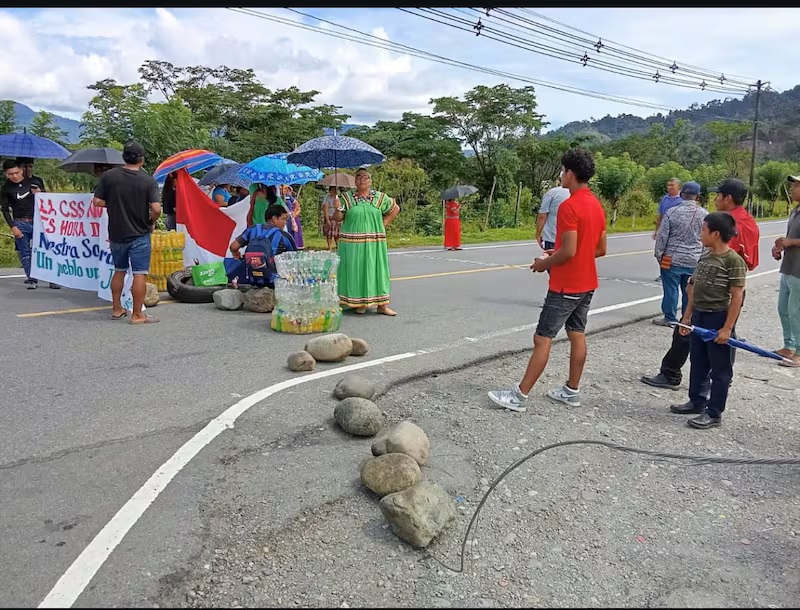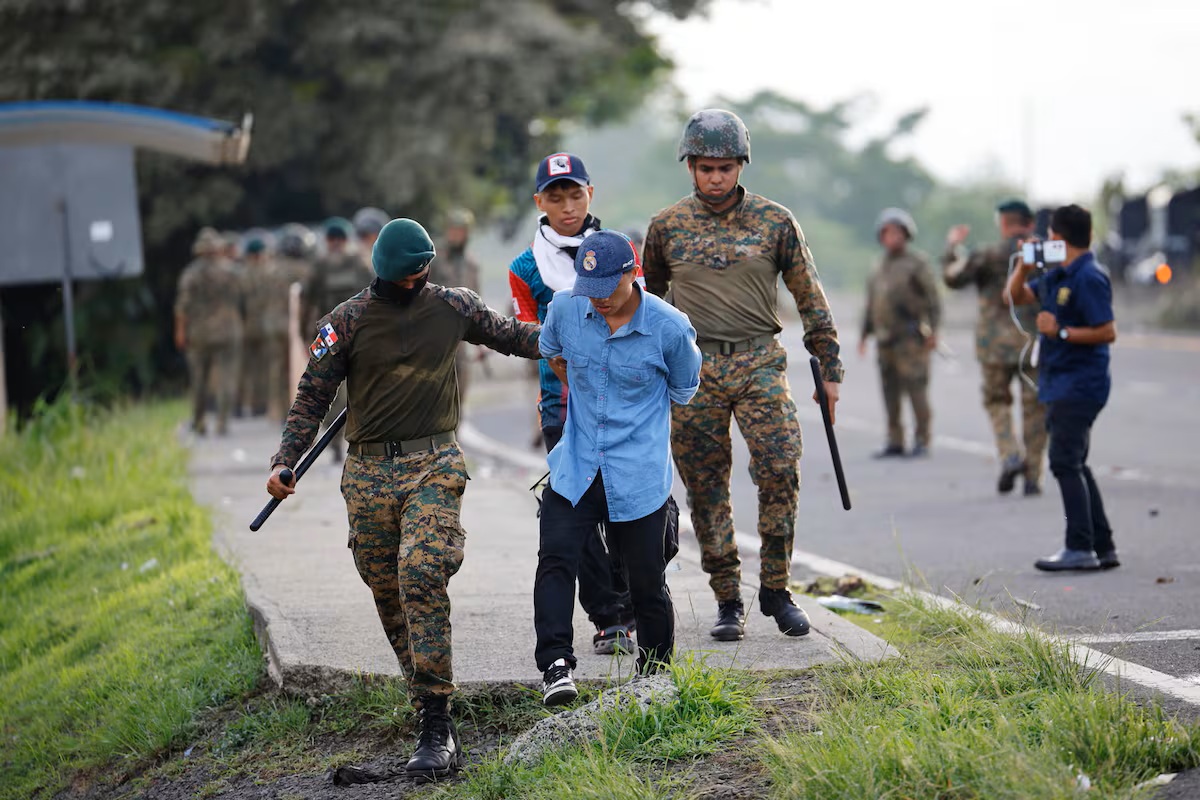A Panama Banana Failure: Will Changuinola be the next Puerto Armuelles?
The current strike on the banana plantations is not linked to any direct dispute between the company and the workers. The protests are related to pension system reforms.

Idaan warns that Bocas del Toro could run out of water in 48 hours due to a lack of supplies. Changuinola ran out of chicken, eggs, and sausages due to protests. Changuinola has gone more than 11 days without receiving poultry products and other staple foods, according to producers and merchants in the Bocas del Toro province. What once happened in Puerto Armuelles, Chiriquí, could be repeating itself in Changuinola, Bocas del Toro. A region sustained by the banana industry, which has been crippled by strikes, blockades, and multimillion-dollar losses. In “puerto,” as the people of Chiriquí call it, the achievements obtained by the workers—such as a future of wage increases, strong union organization, and cooperative participation—seemed like the beginning of prosperous days for the day laborers. Faced with this current situation, the company relocated its executive staff to Costa Rica, where it also maintains banana production. Last week, the multinational’s executives met with President José Raúl Mulino, specifically to discuss the production losses and how unsustainable the situation could become in the short and medium term. In fact, by May 8, 900,000 boxes of un-exported bananas had already been recorded, resulting in losses exceeding $10 million.

Chiquita has been operating in the Changuinola sector for years, amid labor strikes, road closures, and halted transportation of goods. According to the company, the situation threatens to jeopardize the continuity of production and affect one of the pillars of the country’s export supply. These protests are estimated to result in nearly 100 blockades each year. Nearly 90% of the country’s banana production is in the hands of Chiquita, and the province of Bocas del Toro is key to national agricultural production. Bananas have once again established themselves as the main driver of Panamanian exports, accounting for 17.5% of total exports between January and March 2025. During that period, without considering mining activity and exports, the country reached a record $324.4 million in shipments, the highest value recorded in a first quarter in the last 15 years, according to figures from the Ministry of Commerce and Industry (MICI). Frozen shrimp (13.4%) and raw teak (5.2%) are next in importance. The main markets were the Netherlands, Taiwan and the United States. However, this export boom is facing a setback. Amid the labor strikes taking place in Bocas del Toro—where workers are demanding the repeal of the law that reformed the pension system—thousands of boxes of bananas remain stranded.

The executive government commission, which is meeting with banana workers’ leaders in Changuinola, Bocas del Toro, presented a proposal to try to reach a consensus and end the strike and roadblocks in this district. Negotiations continue Wednesday May 14.
Chiquita Panama Permanently Closes Production on Three Banana farms
Chiquita Panama announced on Monday morning, May 12, that after an initial assessment of the impact on banana plantations as a result of the labor strike, it will permanently suspend production on an entire farm and additional areas—equivalent to two farms—in Bocas del Toro. One farm employs around 150 people, so it is estimated that around 450 employees would be left jobless. Chiquita Brands has production farms in countries throughout the region such as Mexico, Guatemala, Honduras, Nicaragua, Colombia, Ecuador, and Panama.

The closure of banana company farms will increase the country’s unemployment crisis. The dialogue between the high-level government commission and leaders of the Banana Industry Workers Union (Sitraibana) continued this Tuesday, following several days of road closures in at least 20 locations in the province of Bocas del Toro. During yesterday’s meeting, described as “productive” by the Minister of Labor and Workforce Development (Mitradel), Jackeline Muñoz pictured above, the union was informed of the benefits of Law 462, which reforms the Social Security Fund (CSS). Muñoz also highlighted that improvements are being evaluated in the area of occupational health in the banana sector, due to workers’ exposure to agrochemicals. She also clarified that the banana sector is not requesting the repeal of Law 462, but rather seeking clarity on how this regulation affects the labor gains obtained through Law 45 of 2017.

According to the minister, she was also told how the 50% incapacity of the banana sector has improved and that new ways are being sought to improve the quality of life for Bocas del Toro residents. The banana workers’ strike is already having economic consequences, as Chiquita Panama, one of the main employers in the sector, has had to close three farms, which could directly impact employment in the province. For his part, the Minister of Commerce and Industry (Mici), Julio Moltó pictured above, stressed the importance of the more than 7,000 workers and more than 20,000 indirect jobs generated in this sector. He added that the government’s focus is also on the human aspect, as many workers require medical attention due to their exposure. Moltó emphasized that the CSS is committed to improving medical care on farms and reiterated the government’s commitment to protecting this important export sector, essential to the economy of Bocas del Toro and the country.
Protests Ease, but Blockades Persist in Changuinola; 14 Arrested in Veraguas

After several protests, roadblocks in different parts of the country on Monday, and the arrest of 14 people in Veraguas, the situation was somewhat calm in the early hours of Monday night. In the province of Veraguas, specifically in Santiago, closures were reported overnight. It’s worth noting that Santiago is one of the main protest centers for teachers’ unions.
Some History
In 2002, Chiquita Brands closed its operations in Puerto Armuelles, Panama, after a labor dispute, resulting in the unemployment of over 3,000 people. This action sparked concerns among workers in other Chiquita locations about potential similar closures. Additionally, in 2017, Chiquita Brands faced a lawsuit alleging it was responsible for paying the paramilitary group AUC in Colombia, which then resulted in violence against union workers. In 2024, a jury awarded $38 million to the victims of violence allegedly linked to those payments.
Here’s a more Detailed Breakdown:
- 2002 Labor Dispute and Closure:
Chiquita closed its Puerto Armuelles operations after a labor dispute, leaving thousands unemployed, which fueled fears among other workers.
- 2017 Lawsuit and AUC Payments:
Chiquita was sued, alleging it was responsible for payments to the AUC (United Armed Forces of Colombia), which then allegedly used the payments to target union workers, leading to violence.
- 2024 Jury Verdict:
A jury awarded $38 million to victims of violence allegedly linked to the AUC payments, holding Chiquita liable for the violence.





